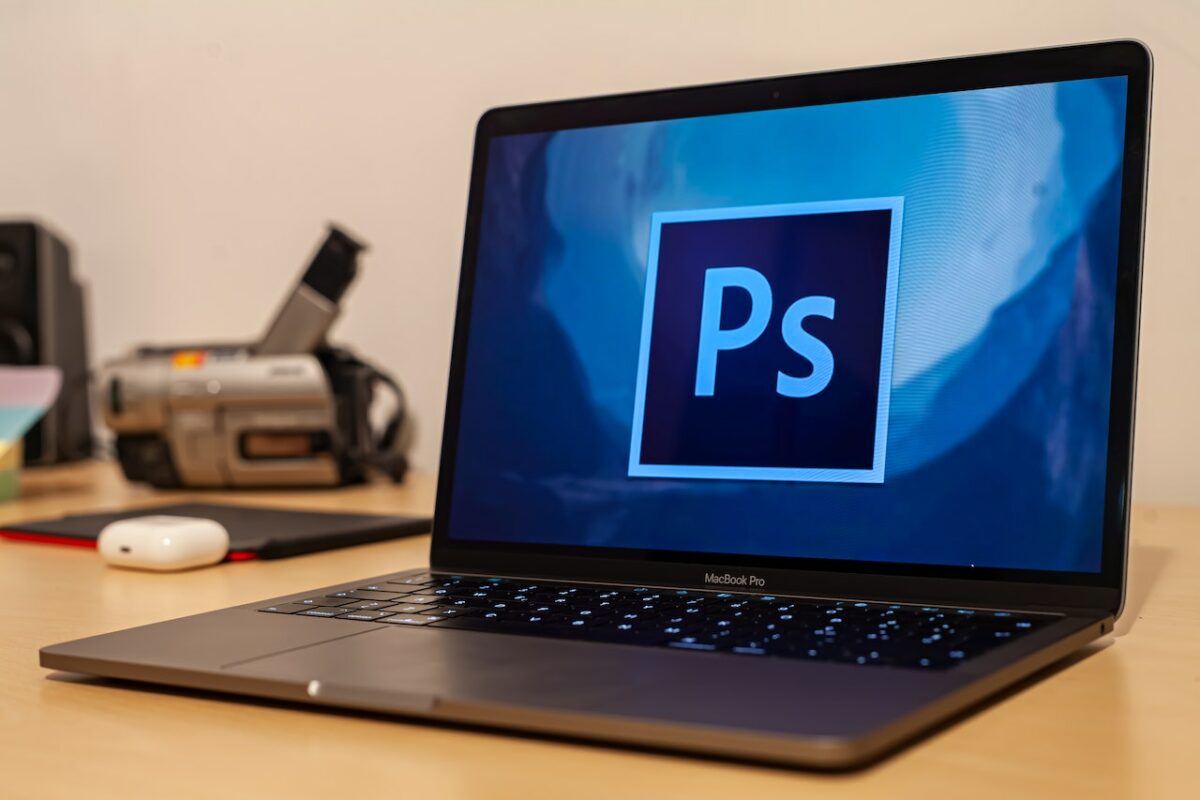
As an Amazon Associate we earn from qualifying purchases.
Should you use Photoshop or Canva for editing? Graphic designing and photo editing are essential for real estate photographers and business owners. I've prepared a comparison guide between Canva vs Photoshop, including their similarities and main differences to help you choose the perfect design tool.
Quick Navigation
Canva and Photoshop are two of the most in-demand editing programs for real estate photographers. They cater to certain types of editors, so you should identify the features you need to see which program suits you the most.
Canva is a beginner-friendly program for creating quick graphics. It provides tons of templates, stock photos, and other graphic design elements.
Canva is relatively younger, founded in January 2013. Melanie Perkins and Cliff Obrecht from Perth, Australia, build the start-up company to make design accessible to everyone.

Adobe Photoshop is an advanced software for image editing, photo manipulation, graphic design, and digital art. It has more complex editing and a broader range of tools, making it the industry standard for professional editing.
Thomas and John Knoll launched Adobe Photoshop in 1987. Since then, Photoshop has become a household staple software among editors, designers, and photographers.
Photoshop and Canva are graphic designing programs that real estate photographers use for editing. While they share some features, they also differ in other aspects that make them equally valuable for your work.
Canva and Photoshop have the same goal. They aim to help you create striking visuals through images, texts, and other graphical elements. This is why they have similarities in some aspects.
While Photoshop and Canva have some similar features, they have more distinct differences. Each program better suits a particular need in designing and editing. Still, you'll need to see how they differ in these elements.
The interface is one of the most noticeable differences between Photoshop and Canva. Photoshop can have an overwhelming workspace. Meanwhile, Canva has an evidently clean and user-friendly appearance.
Ease of use is crucial for designers because this can influence your workflow and ability to do more using a program. With Canva, you can easily click and try out features without researching them. It's basically a click-and-drag system.
In contrast, Photoshop may need some tutorials at first. You'll need some time to familiarize them. There's a series of steps to complete your desired effect.

Canva, especially its free version, only has basic adjustment tools. On the other hand, Photoshop already comes with exceptional features and every adjustment tool you'll need for complex editing. This is where you can also see why Canva is for beginners and Photoshop is for professionals.
Canva does a great job organizing its library for easy browsing of integrated apps and extensions. However, Photoshop wins this round in terms of the volume of available extensions and plugins.
Most of Photoshop's extensions offer specialist photo-editing features for professional real estate photographers and editors. For instance, there are at least 50 plugins dedicated to retouching skin tones for portraits.
Another glaring difference between Photoshop and Canva is the type of files they support. Canva allows you to export in a range of formats that's enough for beginner designers. These include JPEG, PNG, PDF, SVG, MP4, GIF, and PPTX.
On the other hand, Photoshop can also export in the file types mentioned above, except for PPTX. However, it can work on a larger range of professional formats, including PSD, TIFF, BMP, and WebMP.
Canva has a more intuitive interface and beginner-friendly features, including templates and basic graphic design elements. Meanwhile, Photoshop offers more advanced tools and targeted edits for photo manipulation because of its more complex workspace.
It's ideal to use Canva if you are a beginner graphic designer or editor. Canva is a better option for those who want to avoid learning complex programs while getting various design tools.
If you don't mind using templates for your designs, you can save time and effort with Canva while keeping your work looking professional.

Whether you are a beginner or an advanced designer, you can use Photoshop for photo editing and manipulation. This is the perfect choice for editors who want to put more attention to detail in their designs, especially if you want to control even the tiniest pixel on an image.
Suppose you're a tech-savvy person who doesn't mind the learning curve. In that case, Photoshop is much better for professional and more complex editing.
Photoshop would be better if you need a powerful program for broader control over your designs. It's also complementary software for Lightroom, giving you more advanced photo editing tools.
Meanwhile, Canva is much preferable if you only need quick designs and you don't require top-tier customization tools. This is perfect for those who value having a more intuitive interface.

Yes, professionals still use Canva because of its user-friendly features and intuitive design. If there's no need for complex designs, professionals can benefit from Canva's quick edits.
Canva has a free version, whereas Photoshop requires an upfront subscription. Adobe Photoshop's Creative Cloud Photography Plan is slightly cheaper than Canva. However, if you choose a different Adobe plan, then Canva becomes more affordable.
Yes, you can download Canva as a desktop app. However, you still need internet connectivity to use the program. In contrast, Photoshop lets you work with or without an internet connection.
You can use both Photoshop and Canva for your real estate
